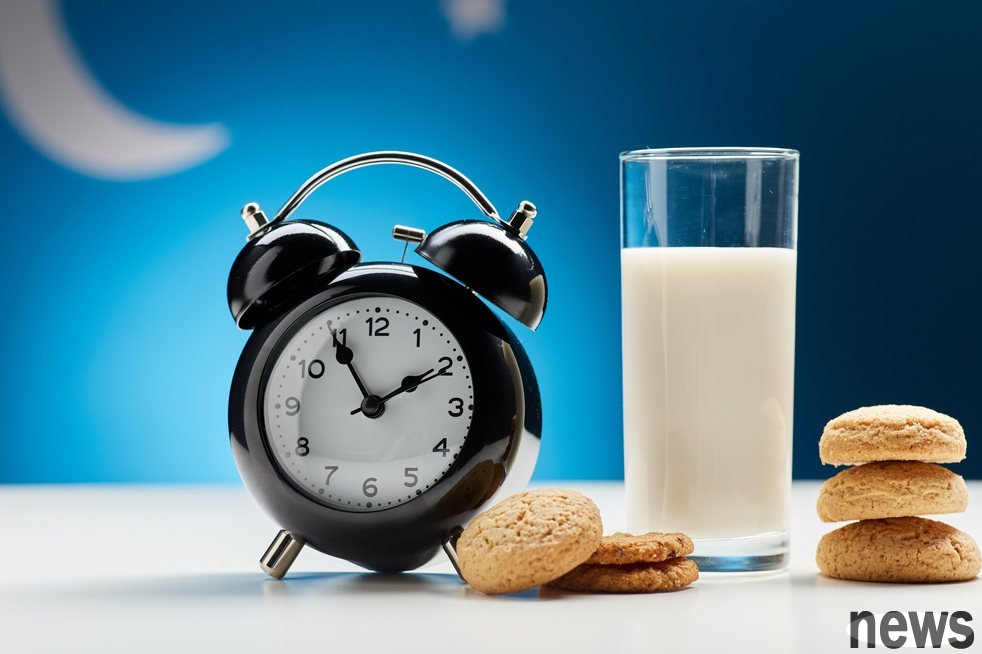
In modern society, a person’s meal time depends on his or her daily routine, nature of work, and even cultural customs. It is often said that eating late at night is bad for the body. Nutritionists say that instead of jumping to conclusions, you might as well first understand the relationship between the food digestion mechanism and the biological clock.
The impact of eating dinner too late on the body"Delish" compiled the opinions of two nutritionists, Lauren Manaker and Megan DeChatelets, to tell everyone that the act of eating late at night does not mean it is unhealthy, but compared with eating during the day, the body does have a different reaction mechanism.
{99 9}Some people have no health problems if they eat late dinner, while others may suffer from acid reflux, gastrointestinal discomfort, etc. It depends on each person’s health status, lifestyle and the type of food they eat.
However, the human body’s metabolism and digestion rate are indeed most active during the day, because that’s when we engage in a lot of physical and mental activities. At night, the body begins to slow down in preparation for sleep, and the metabolism will also slow down.
The later you eat, the slower your body will metabolize food, lowering the rate of burning calories and making it easier to accumulate fat than during the day. Some studies have found that eating dinner later will disrupt the body's appetite-regulating hormones, causing people to still feel hungry even after they are full. The above factors are not conducive to weight management.
What should I have for late-night dinner?Nutritionists say that the biggest problem is not eating before going to bed, but what to eat.
Eating the wrong dinner or late-night snack will not only affect digestion, but also affect the quality of sleep. In particular, eating high-sugar or high-carbohydrate foods will interfere with blood sugar levels at night, leading to difficulty falling asleep and poor sleep quality. If you have acid reflux, you should avoid difficult-to-digest foods before going to bed, and avoid eating too full.
For some people, eating a light snack before going to bed, such as nuts and bananas, can actually help them sleep. These foods contain tryptophan, magnesium and other nutrients, which can help relax nerves and muscles and improve sleep quality.

Nutritionists say that there is no universally applicable "best dinner time". It all depends on personal schedule, hunger and lifestyle. It is recommended to pay more attention to the body's feelings, eat when you are really hungry, and pay attention to the type and portion of food. If you really want to follow a specific time, you can establish a rule of "eating at least 3 hours before going to bed" so that the body can fully digest food before going to bed.
What should you do if you occasionally need to have a late-night dinner, or you suddenly want a late-night snack before going to bed one day? In fact, there is no need to be too anxious about this. Occasionally breaking the rules will not make you suddenly sick. The effects on health and weight are cumulative in the long term. Just get your diet and work and rest back to normal as soon as possible. Eating a balanced diet, chewing slowly, and maintaining physical activity are all ways to promote digestive health.